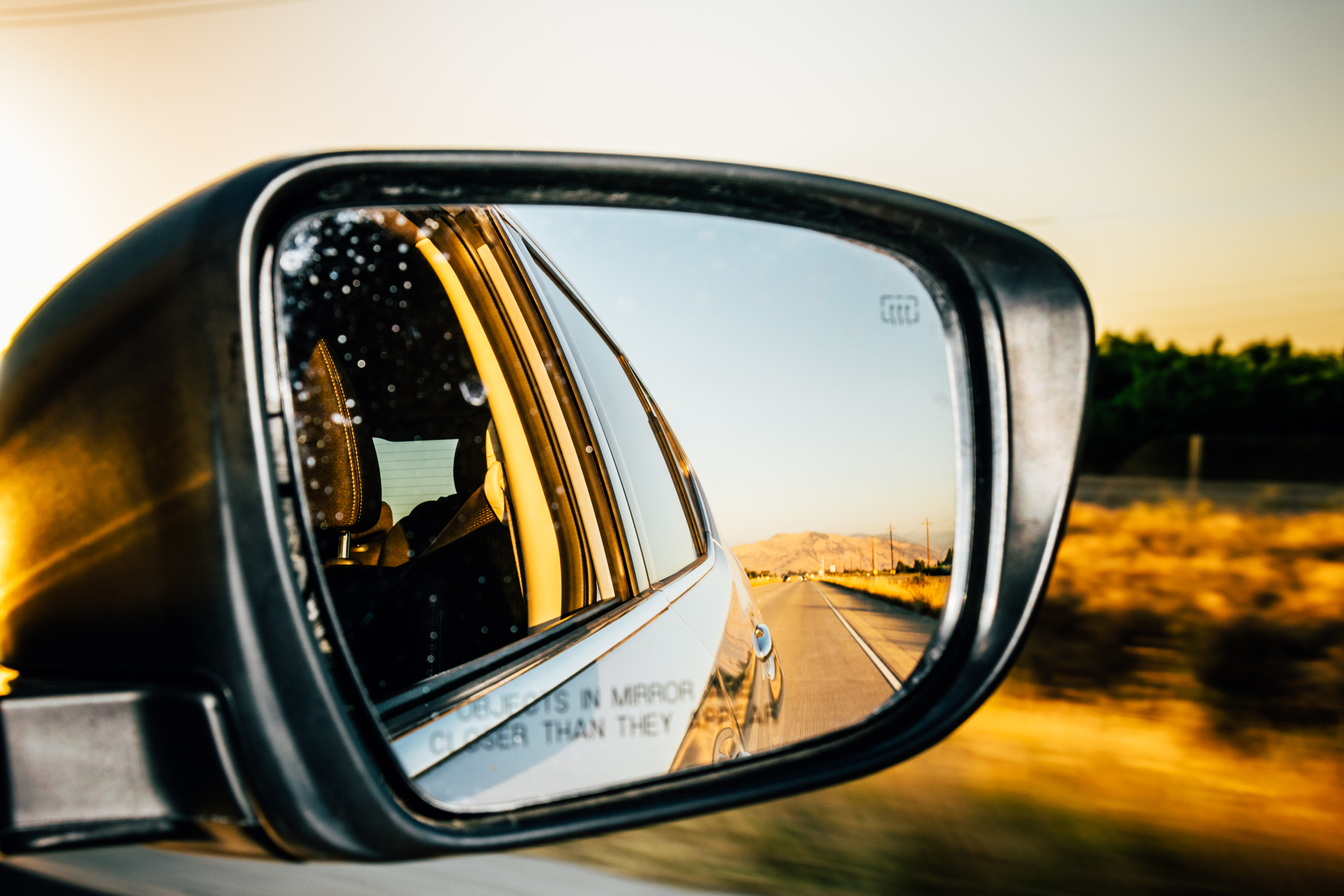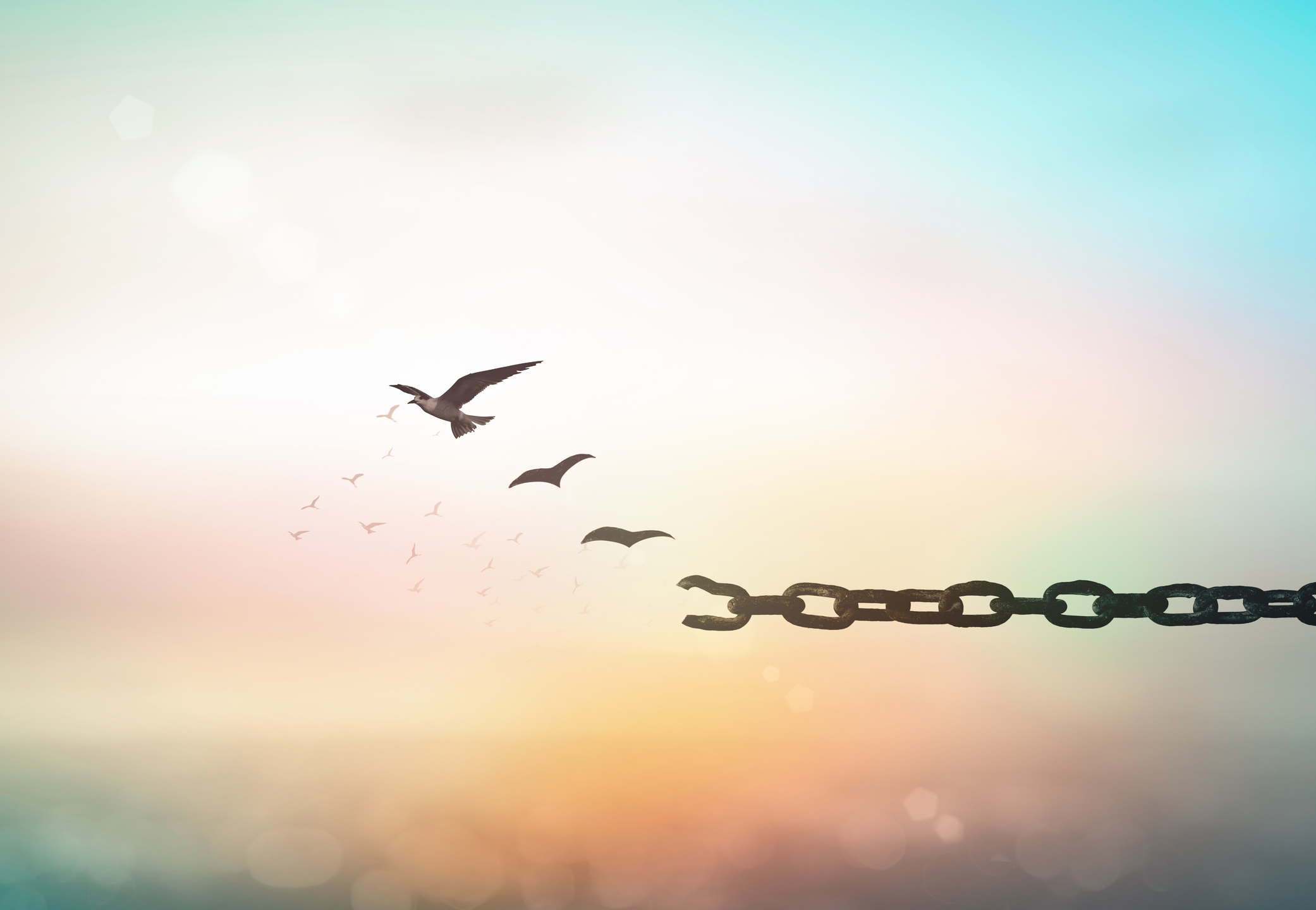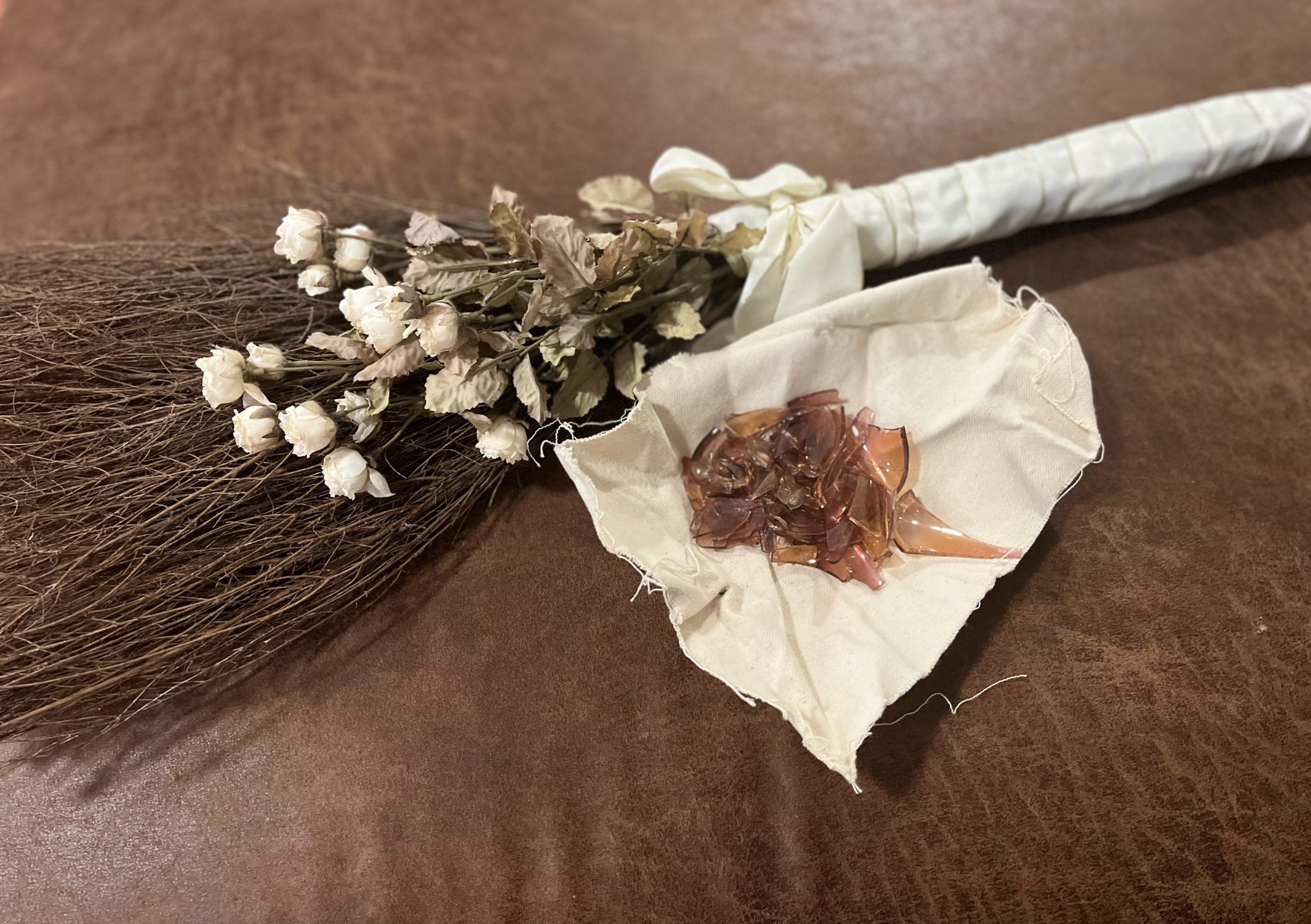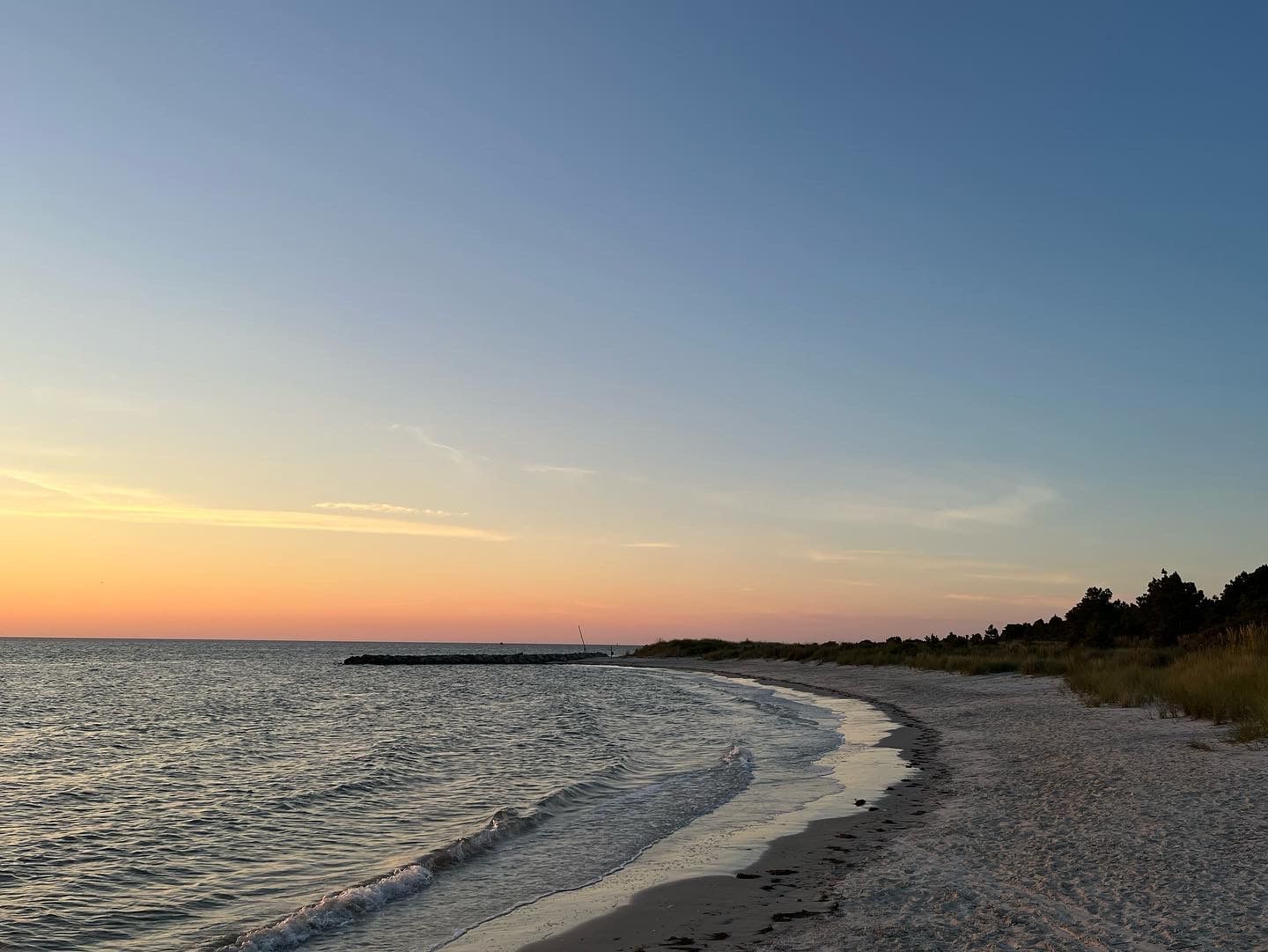Meet Me In The Middle (Sojourn America)
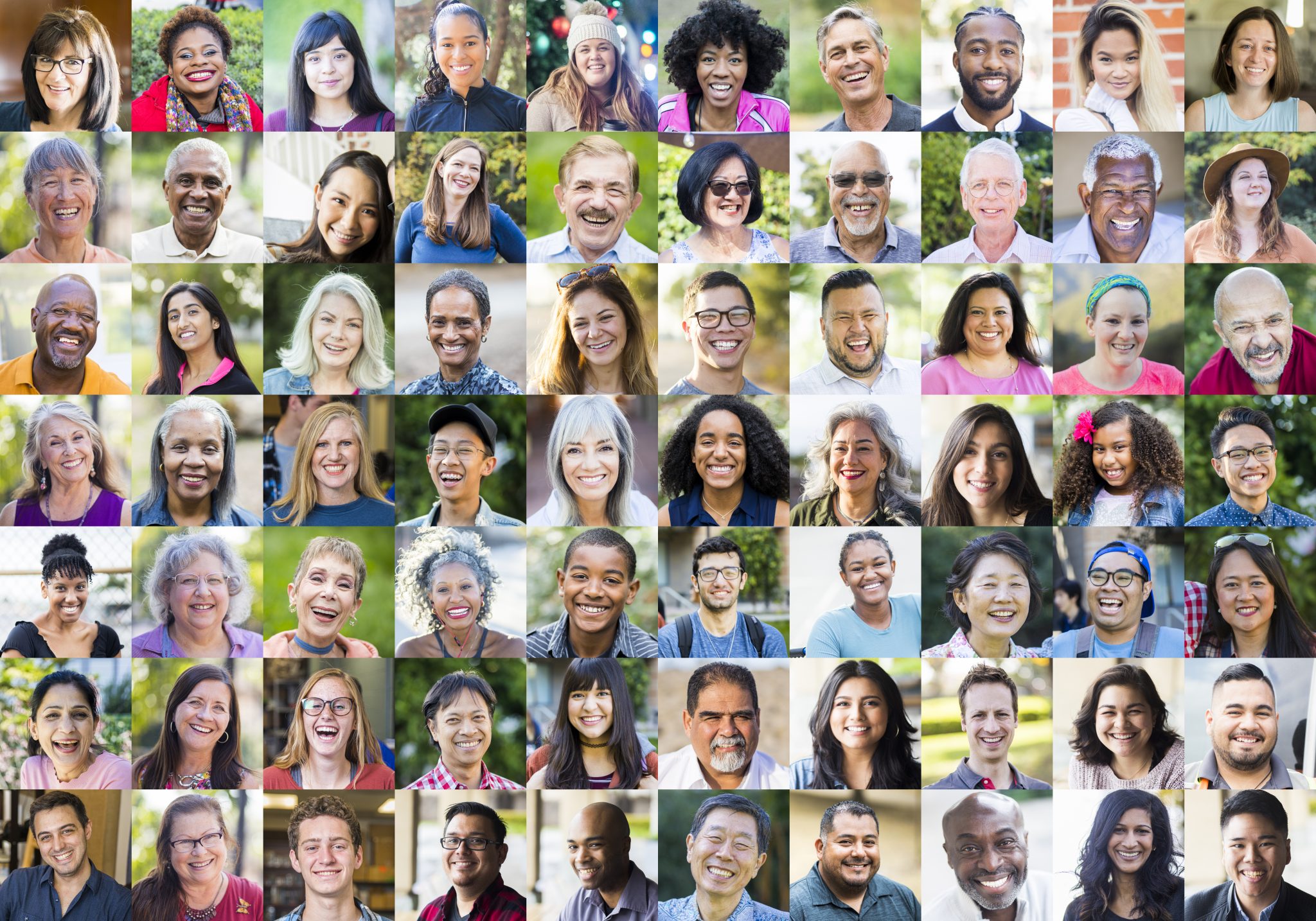
The following essay is adapted from a talk I gave at the YMCA of Greater Richmond 2023 DEI Symposium on May 19, 2023, and is part of my Sojourn, America series of stories and essays. Views are my own.
Greetings! What a beautiful day this has been. I feel like we have all learned so much from our amazing speakers, beginning with the incredible Tara Jaye Frank. I highly recommend you start following her on LinkedIn today, if you don’t already. She is an inspiration.
I want to thank the YMCA of Greater Richmond (YGR) for hosting the Second Annual DEI Symposium and for convening us. For calling us together.
I especially want to thank Sidney Edwards, who spearheads YGR’s DEI efforts,
The Executive Team who supports this work and helps foster alignment between the organization and the Board, and the broader community, Krissy Gathright our Board Chair, Chris Shockley, our Board Vice-Chair, and the entire Board of Directors – especially the Mission, Equity and Inclusion Committee who has worked hard with the staff to bring this event to life.
And finally, a special shout out to our new CEO, Jody Alexander, who is joining us today. What a wonderful way to welcome you and connect you with this incredible community.
Now, as Jay-Z (or as I like to call him, Hova) would say, “Allow me to reintroduce myself.”
My name is James Warren, and I am sharing with you today out of my own perspective as a member of this community, as a person who works with organizations and individuals to facilitate and guide them through the changes they seek, and the stories they long to share. As a champion of this work, and as an amplifier of your stories. As a connector of people and ideas.
A little more context about me: I get to work with a couple of incredible teams at Share More Stories, an agile research software company focused on improving employee and customer experiences, and at JMI, a brand strategy and consulting firm uniquely focused on community engagement.
JMI works at the intersection of brand, culture and community, often engaged in developing strategies, programs and campaigns designed to help companies make DEI-inspired progress in their supply chain, in their organizations and in the marketplace.
Share More Stories uses storytelling and technology to help companies understand the experiences people have with brands, products, services, organizations, and in the community. Many of our research projects have been focused on understanding the consumer and employee experiences of people who have historically been ignored, excluded, or unheard by society and by the companies they buy from or work for.
I also have the honor to volunteer and serve with four organizations: YMCA of Greater Richmond, BridgePark Foundation, The Dwight School of New York, and St. Michael’s Episcopal School. Across those organizations, my service has tended to focus on the intersection of strategy, culture, DEI and community engagement.
I’m telling you this because this work has given me a few insights into the human experience, especially when it comes to how people experience connection, belonging, and a sense of community, and especially when those people themselves have been individually or collectively excluded. And so it is from that perspective – as a person deeply focused on the human experiences that people have with organizations, companies, communities – that I speak to you today.
My assignment, if I’ve understood it correctly, is to CALL US TO ACTION. Right, Sidney?
To call us to action.
I like that. That feels very “on calling” for me. Because you may not know this, but my calling is for people to experience hope and revelation with me. So I hope that over these next 20-25 minutes, I might help all of us gain a revelation of what is possible in this opportunity space, and therefore, what is possible for our communities, our region, our Commonwealth and our country.
To do that, I want to talk about a few things:
- Unity and For All
- The Head and The Heart
- Finding a Place Where We can Live Together
But first, let me share a story with you. (Because, you know, that’s what I do.)
This event took place many years ago, when I was 20 or 21. I had taken a semester off from school and was working with a church and religious school in Louisiana. I was there as a guest of the pastor, on something akin to a student exchange, but within the church community. This church was pretty much all White. Now I’ve been in all White churches, all Black churches, racially mixed churches, you name it. And I crack a joke because often in nearly all White churches, I can still usually find one or two Black folks – they’re usually on the praise and worship team or playing in the band. 🤣
Anyway, there was a family that was pretty influential in the Church and the school, but I could tell they were social climbers, jockeying for position. They asked me over for dinner. My yellow flag was up, but I went anyway.
We had a nice dinner. I remember it like it was yesterday. The conversation was polite. When we were done, I got up to use the restroom. On my way back, I saw the mom had started to clear the table. I saw her throw my whole plate and utensils into the garbage. (This wasn’t a paper plate.) She did it so casually. Everything went bright for me and then faded to black. I was dazed. I didn’t process much else. I just wanted to get out of there. I think I made up some kind of excuse about needing to get home. I was confused. I was scared. I was hurt. My dignity had just been assaulted and I didn’t know how to respond.
And that feeling of fear has stayed with me on some level for 30 years. There are places I go, homes I visit, stores I walk into where I am still on edge. I assess whether I feel welcome there. Whether I feel safe. Whether I feel like I belong. And if you know, you know. (Or, in the words of Biggie, if you don’t know, now you know… you know…)
Of course, that’s not just me. That experience is shared by millions of people in this country.
As evidence of this, a few years ago, Share More Stories did some research into the state of Black travel in Virginia. (JMI subsequently turned these insights into an award-winning marketing and engagement campaign for Virginia is for Lovers, called Heart and Soul.) Then we worked on the state of Asian American travel in Virginia. And now we’re working on a national study called the Future of Travel, which is focused on the experiences of multicultural travelers across the country.
And do you know what we learned from our research into Black and Asian American travelers’ experiences?
We learned that Black travelers want to feel safe, welcome and that they belong. We want history to be told in a full way (the whole story) and want to hear about Black experiences from the people who live them.
We learned that Asian American travelers expressed a critical challenge of belonging: needing to balance celebrating their identities, with caution about standing out in less diverse places.
Now if you identify as one of these people, you already know. But if you don’t, think about that for a minute. Think about how much the current external environment – the climate we live in – requires people to process their safety, their security, their very identity, before they decide how they’re going to leave the house and show up.
The backlash to Diversity, Equity and Inclusion work, to social justice, is strong right now. We’re seeing it everywhere, especially in certain parts of the country.
And it’s also not new.
Practically every time we experience a collective moment of injustice, like we did three years ago after the murder of George Floyd (and the time before that, and the time before that, and so on), there is a rapid response across elements of society to say and attempt to do something to address what has happened.
Many of those efforts are surface level. Some are misguided. And a few are even intentionally done to lower the temperature without addressing the need for real change.
Behind the scenes, however, there are people like you who continue to do this work, taking the long view and realizing what has been done over centuries won’t be undone in years.
Still, this has a profound effect on the people doing this work, people like many of you in this room. Two years ago, essentially one year after the murder of George Floyd, we did another study of the DEI experience within nonprofit organizations – with a focus on leadership, people assigned to lead DEI strategy in their organizations, and people deeper in the organizations who were responsible for implementing programs. And the feedback was really challenging. People expressed how tired they were. How DEI work was not integrated into organizational systems. How progress was neither consistent nor linear. They acknowledged that while there was a surge of activity, they knew in their hearts that this was a long journey and they feared people would lose their nerve, lose their commitment.
And here we are… right?
Some of you ARE tired. Some of your organizations HAVE lost their commitment. Some people just wish we would stop talking about diversity, equity and inclusion altogether.
And still, others are searching. Seeking help and guidance. Their commitment IS earnest, and they still don’t know what to do. THAT is why we are here, today.
55 years ago, in 1967, Rev. Dr. Martin Luther King wrote the book, Where Do We Go From Here, Chaos or Community? The following passage appears in Stanford University’s MLK Research and Education Institute’s King Encyclopedia, as a partial summary of that book:
“Where Do We Go from Here was King’s analysis of the state of American race relations and the movement after a decade of U.S. civil rights struggles. “With Selma and the Voting Rights Act one phase of development in the civil rights revolution came to an end,” he observed (King, 3). King believed that the next phase in the movement would bring its own challenges, as African Americans continued to make demands for better jobs, higher wages, decent housing, an education equal to that of whites, and a guarantee that the rights won in the Civil Rights Act of 1964 and the Voting Rights Act of 1965 would be enforced by the federal government. He warned that “the persistence of racism in depth and the dawning awareness that Negro demands will necessitate structural changes in society have generated a new phase of white resistance in North and South” (King, 12).”
Racism and the demand for structural, societal change have generated a new phase of white resistance.
Does that sound familiar? More importantly, what should we collectively do about that?
Our recent pattern seems to be injustice. Calls for change. Incremental progress. Backlash. New injustice. Repeat.
How can we break that cycle? How can we come together and put ourselves on a SHARED PATH forward? Because it’s not just racism. It’s gender discrimination. It’s anti-gay hate. It’s taking away women’s rights. It’s religious discrimination. It’s restricting accessibility.
None of this is about “wokeness.”
All of this is about humanity.
How we live, how we love, how we pray, how we take care of ourselves, where we live, how we learn, what we learn about, what we get to read, where we get to work… that’s what this is about. Humanity.
I sincerely hope that in this audience there are people who are seeking answers, who are seeking that way forward. And I fully expect that some of you who came here today are unsure of how to navigate it, or are looking to get better at it, or looking to learn new approaches from other peoples’ experiences.
I’m going to assume there are people in here that don’t have it all figured out.
(I mean, honestly, it’s me. I don’t have it all figured out. But humor me.) For now, I’m going to assume that’s YOU.
So my first question is this: what does For All mean to you?
I ask this because this is a key concept embedded in the YMCA of Greater Richmond’s mission statement, and undergirds the idea that our organization – and its DEI strategic plan – are for a United Us.
But that question doesn’t have to just be about the Y.
I’m sure many of the organizations represented right here in this room have great DEI strategies and plans which some of our stakeholders appreciate, while others feel they don’t go far enough. And still others are turned off by these efforts, and they think the work is going too far. In some cases (but certainly not all), I think those people are rejecting what they don’t understand; they’re afraid of who they don’t know.
And let’s be honest, we can relate to that, right? For surely, even the most advanced practitioners in this room have been alienated by – or at least afraid of – or at least unsure of – what we didn’t know and who we didn’t understand, at some point in our lives. Nobody was born a fully functional DEI expert, champion, or leader. We had to learn. And along that way, we likely encountered someone who we didn’t initially understand, and maybe struggled to accept.
So let’s talk about it, the act of coming to terms with people who we see as Not Like Us, rather, as Other. As Different. And let’s talk about this through two lenses, okay?
The head and the heart. 🧠❤️
The Head: This part is all about accountability. It is about coming to terms, intellectually, with what has happened in this country and my or your or their part in it. Critically thinking about how we got here. Listening. Analyzing. Deciding. Problem Solving. Understanding WHY we got here and making a decision to do something about it. This is about getting smart and making smart decisions. Leaders know how to do this and they do it all the time on all kinds of business and organizational issues. They have SYSTEMS for dealing with issues and opportunities. When they think (intellectually) they have a problem, they do something about it.
The Heart: This part is all about empathy. It is about caring about the problem. You can understand the problem. You can even make a decision about the problem. But unless you care about the problem, unless you actually think it’s not just the smart thing to do, but the right thing to do, then what’s the point?
Dr. Seuss says in the Lorax, “Unless someone like you cares a whole awful lot, nothing is going to get better. It’s not.” And that’s what we’re talking about here. The heart. Caring. The heart is the tough stuff, because it requires more than analysis. It requires looking inward.
And this is where head and heart merge. The yin and the yang. Accountability requires Caring. Caring requires accountability.
It’s a conundrum, isn’t it? How can we hold ourselves and others accountable for positive change, for equity, for justice, and yet, accept people as they are and where they are? Especially if where they are seems contrary to what we are fighting for?
Here’s a gentle reminder that may help: you know, acceptance isn’t agreement. It isn’t even alignment. It’s just acceptance. (Don’t believe me? Take a good, long look at your family.) Things are what they are. And before they can change, they must first… be what they are.
For example, the work that the team at JMI does – connecting brands, cultures and communities – let me tell you, it is HARD WORK. Gratifying work, no doubt. But hard. Because that work is often about helping companies and communities navigate a journey towards alignment, a journey that often covers difficult terrain, that requires that we start by seeing where things actually are. What is the culture? Where are stakeholders today? And what would success look like?
It requires intellectual and emotional honesty to assess the state of things.
Emotional honesty. How about that? Let’s stay here – with the heart – for a while.
In our heart of hearts, WHAT are we?
ARE WE UNITED? Really?
ARE WE FOR ALL? Truly?
Are we United and are we For All only when we’re interacting with other people whose beliefs are as progressive as ours? Or as conservative?
As American as ours? Or as global?
As “Old Richmond” as ours? Or as “New Richmond”?
As religious as ours? Or as agnostic?
As straight as ours? Or as queer?
As rich as ours? Or as poor?
As Black, as Latino, as Asian as ours? Or as White as ours?
Can you be FOR ALL when ALL includes those who you disagree with? That which you don’t understand?
I think the core question is this: what does FOR ALL mean to you, and to me? And I think the answer lies in our truth: what we value, and what we seek. My truth is unity. I value it. I seek it.
I seek unity within myself, with you, with this earth, with the universe, with my higher power… that thing which I cannot see or explain, but which seems to be the basis for the origin of the universe. (Ok, that’s big.)
But speaking of which, here we are… a speck in space, an infinitely small moment at a point in time, represented by billions of years of universal history… And sometimes we act like we’ve got it all figured it out.
But have we? Have we truly figured it out yet?
Is this – this society, this world, the way we are with one another – what figured out is supposed to look like? Because if so, I want a do-over.
No, no. No. I don’t think we have figured it out at all, not when some of us are always at other people’s throats in a neverending lust for power and dominion.
But the wonderful thing is, there is an answer. And we can have it.
It is right in front of our face, after all.
It is shared.
It is universal.
It is LOVE.
And I’m here to tell you: Love is a survival mechanism. Love is not a luxury. Love is a necessity. Love is not a privilege. Because we were all born seeking and giving love.
And therefore, I believe that true love – unflinching, uncompromising, unyielding, unapologetic, undeterred, unwavering love – is the basis for the diversity, equity, inclusion, justice and belonging work.
For what is diversity other than love with curiosity?
For what is equity other than love at scale?
For what is justice other than love on time?
For what is belonging other than love in action?
For what is inclusion other than love with courage?
And when we love one another, we treat one another the way we want to be treated. We sacrifice for one another. We share in one another’s success. We help one another through difficulty. We show kindness. We express patience and hope with and for another. And yes, sometimes that kind of love is hard. But we do it anyway because we value our shared humanity. We value the divine within each of us. We value the wonder of it all, of being connected to the planet and to one another.
That’s the Heart. Now, let’s get back to the Head for a minute.
You know, the environment we live in, here, it’s not an accident. It’s an intention. People built things, and they created frameworks and contexts for others to operate in, to live in. This has been happening throughout human history.
Sometimes it’s leadership. Sometimes it’s about control. Sometimes it’s benevolent and communal. Sometimes it’s extractive and destructive. But it’s always – ALWAYS – human.
So if humans can build these things, humans can unbuild these things. Humans can build better things.
In my opinion, at our best, we as humans are working together to build better frameworks, new contexts, new platforms on which everyone can thrive. That doesn’t mean everyone has the same experience. But I do believe in our hearts and our heads, we are wired to thrive; to meet and have our physical needs met, to engage in pursuits that fulfill our emotional and intellectual and spiritual needs, to know and be known, to have the joy of achievement and worthwhile productivity, and to have lives that aren’t on the edges of survival. And we are wired to do that in an interconnected way. That is what our human evolution and our spiritual eternity offer us: less living on the edge in fear for one’s life and in fear of one another, and more thriving, if we would have it.
And yet, here we are.
We experience pushback against progress.
We have these systems that best serve the select.
These walls that prevent the wounded from healing.
These structural disadvantages that sow discord.
These barriers that break the natural bonds we share.
We talk of opportunities, but no mention of the distance different folks have to travel to reach them — BY DESIGN.
You know and I know that if we loved everyone, we wouldn’t treat everyone this way. Which must mean we all don’t love everyone.
So let’s talk about that for a minute. Is love a fantasy? Or is it a time and place worth hoping for, worth manifesting?
Because if I loved you, I wouldn’t exclude you. I wouldn’t leave you alone.
If I loved you, I wouldn’t dehumanize you. I wouldn’t ignore you.
If I loved you, I wouldn’t make you run twice as far. I wouldn’t run from you simply because I don’t understand you.
I wouldn’t seek vengeance to repay inequity.
I would seek righteousness WITH you, not at the expense of you.
Elie Weisel said the opposite of love isn’t hate, it’s indifference.
I believe we are so desperate for love and so afraid of indifference – of not mattering – that if we can’t have love, that if we are left with someone’s indifference, well then, we’d rather have fear. Or anger. Or hatred. Because the feeling of being needed, of being accepted, of being whole is so vast, that we crave anything to feel it, to fill it.
So yeah, I’ll take the anger and the fear if I can’t have love, because at least I can FEEL something. Because this way, I’ll protect myself. I’ll never leave myself vulnerable to being unloved, unaccepted ever again. I’ll never leave myself vulnerable to society’s indifference ever again.
This is true for the individual.
This is true for the neighborhood.
This is true for the city and the region.
This is true for the state.
This is true for the country.
And this is true for the world.
When we feel unloved, in turn we UN-LOVE.
But here’s more good news: we can go from unloving BACK to loving. Back to our natural state. At which point love is no longer only an instinct; it is also a choice, and one well worth making. Because:
LOVE is bigger than SYSTEMS.
LOVE is stronger than POLICIES.
LOVE is greater than PROGRAMS.
LOVE is bigger than YOU and ME.
LOVE surrounds US.
Now don’t get me wrong – it’s Head AND Heart, people.
We must confront unjust systems. We must work together to achieve equitable policies that lead to equitable outcomes. We must support the development of programs that include and connect, vs. exclude and divide. But you cannot have this kind of justice without love. Because this kind of justice, which is indeed both radical and oh so basic, depends on unity. And you cannot have unity without love. You cannot have a united US, without love.
So my call to action is two-fold.
My HEART call to action is for us to LOVE one another.
Love at scale.
Love on time.
Love in action.
Love with courage.
Love with curiosity.
Resisting the urge towards indifference, towards not caring. Because to love is to care. And caring requires much of us. Like Dr. Seuss said, unless someone like you cares a whole awful lot, nothing is going to get better. Which means the absence of care is the status quo, and the status quo is things not getting better.
Who wants things to get better? I do.
So who is willing to care? I am.
Who is willing to fight indifference? I am.
Who is willing to love? I am. And I know you are, too.
My HEAD call to action is to find the middle ground, people.
The middle is not watered down; it is the result of a careful, accountable, empathetic analysis of how we move forward. The middle is NOT weak. The middle is hard. It is seeking and recognizing what we have in common, what we share, what unites us, so that we find a new US. The middle is powerful. It is where our region, our commonwealth, our nation, our world, become forces for positive change. It is where we reject extremism in all its forms, in favor of unity.
So find the middle.
Focus harder than you ever have on LISTENING TO UNDERSTAND. Analyze the situation. Think critically FOR YOURSELF about how we got here and reject your cable news feed talking points (whichever end of the political spectrum you get them from). Identify the problem, but do so in a values-based way. Are you trying to unite? Are you trying to build? Are you trying to create a bigger shared experience? If so, great. Then what is the problem that is in the way? What is preventing progress? Focus there.
And if you are not trying to unite, then check your motives. Because if your thriving equals someone else’s suffering, then you’re not leading with love and justice.
Now, once you have listened, once you have analyzed the situation and identified the problem, and once you have loved, I encourage you to lead with both head and heart, with accountability and empathy.
Lead the change you seek, from the higher ground, which is the middle ground.
All of you here are love justice warriors. You have brilliant minds and big hearts. Put them to use. Change the conversations. Change the systems. Create a bold vision of what is possible, and then work like hell to get there. Don’t be afraid of what you don’t know or who you don’t know, but become emboldened knowing that when you seek the high ground, the middle ground, you seek a place of refuge for the majority of your organization, your company, your neighborhood, your city, your faith community, and your political party. You seek the humanity in others, to find the best version of humanity in yourself.
THIS MOMENT CALLS FOR UNITY. AND UNITY CALLS FOR US. SO FIND. THE. MIDDLE.
That is where we Sojourn together.
That is where we Sojourn, Richmond.
That is where we Sojourn, Virginia.
That is where we Sojourn, America.
There, in the middle. That is where I will meet you. Thank you. ❤️🧠🙏🏾
Related Sojourn, America essays and stories:
Sojourn, America: An Introduction
Jump the Broom
Winter in Moscow



